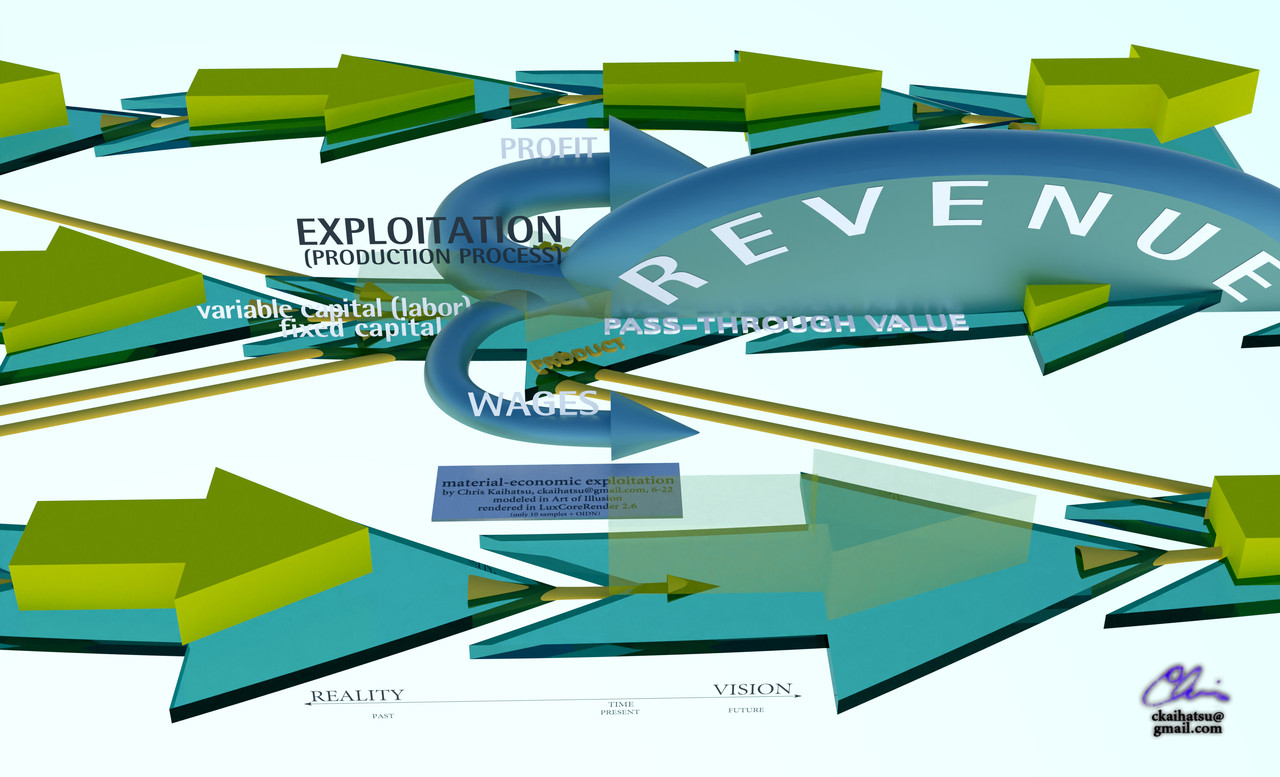- 18 Jul 2022 00:42
#15239103
Maybe he could, but mainstream econ. refused to accept that it was so.
They still are refusing. As he said in the video, as he was about to publish his results of the 200K euro experiment, the Bank of England put out a statement that it knew that all along. But, after he published, the BoE put out 2 statements denying that it is true.
This assumption is fundamental to all MS econ. theories. This is because MS econ. falsely says that, saving doesn't keep money out of the economy. Instead, saving lets banks make loans for investment. Selling Gov. bonds crowds out money for investors by taking savings out of banks to buy the bonds. Then, without savings in the banks, they can't make loans to comp. to buy capital things like factories to increase production. This then damages the economy as time goes on, because production isn't increased.
Unlike a proper science MS econ. has not changed how it teaches econ. to college students as parts of its theories are proven to be untrue. It has been 8 years now and you can still hear economists go on about how Gov. deficits with bond sales deny money to comps. & corps. for investments.
.
Truth To Power wrote:A fact he could have determined by consulting any good accounting textbook that describes banks' ledger entries.
Maybe he could, but mainstream econ. refused to accept that it was so.
They still are refusing. As he said in the video, as he was about to publish his results of the 200K euro experiment, the Bank of England put out a statement that it knew that all along. But, after he published, the BoE put out 2 statements denying that it is true.
This assumption is fundamental to all MS econ. theories. This is because MS econ. falsely says that, saving doesn't keep money out of the economy. Instead, saving lets banks make loans for investment. Selling Gov. bonds crowds out money for investors by taking savings out of banks to buy the bonds. Then, without savings in the banks, they can't make loans to comp. to buy capital things like factories to increase production. This then damages the economy as time goes on, because production isn't increased.
Unlike a proper science MS econ. has not changed how it teaches econ. to college students as parts of its theories are proven to be untrue. It has been 8 years now and you can still hear economists go on about how Gov. deficits with bond sales deny money to comps. & corps. for investments.
.








 - By Potemkin
- By Potemkin - By wat0n
- By wat0n